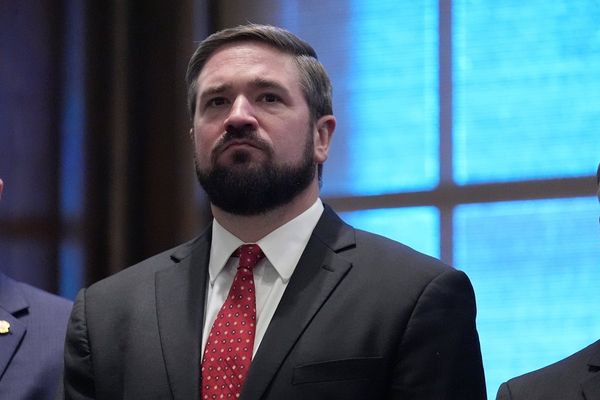LOS ANGELES — Oscar-winning actress Mo'Nique has brought a new lawsuit against Hollywood studios, this time over "millions" in profits she says she's owed from a sitcom she starred in.
The "Precious" star sued CBS and Paramount on Wednesday in Los Angeles Superior Court for breach of contract, alleging that she and others did not get their fair share of profits from the successful TV comedy "The Parkers."
Mo'Nique Hicks, through her Texas-based company Hicks Media, said the creators and writers of "The Parkers" audited the show's records and determined that the studios artificially depressed its profitability to retain millions of dollars that would otherwise have been owed to Hicks.
A representative for Paramount Global, formed from the merger of CBS and Viacom in 2019, declined comment.
"While the Series has proven to be a major financial success for its producers and distributors, the series' talent have not been permitted to share in the fruits of that success," Mo'Nique's attorneys wrote in her complaint.
Hicks has launched legal battles in the past against media companies she believed treated her unfairly. In 2019, she sued Netflix for race and sex discrimination in its offer for a proposed comedy special, accusing it of low-balling her as part of a broader trend of underpaying Black women.
Mo'Nique and Netflix settled her lawsuit in June 2022. Terms of the settlement weren't disclosed, but Mo'Nique's lawyer Michael Parks told the Hollywood Reporter the issue was "amicably resolved."
Her hourlong stand-up special "My Name is Mo'Nique" debuted on Netflix this month.
The lawsuit over "The Parkers" is another example of a common type of fight in Hollywood between creators and studios over compensation, where artists have accused companies of hiding profits through so-called Hollywood accounting.
The show at the heart of her latest lawsuit, "The Parkers," was a spinoff from another series, "Moesha." "The Parkers" ran on the UPN network for five seasons, comprising 110 episodes. Reruns still air today and the show began streaming on Netflix in 2020.
In her lawsuit, Hicks said she struck an agreement with the producers of the series between 1999 and 2000, entitling her company to 2.5% of the "adjusted gross receipts" from the series.
Given that the show ran for more than the 100-episode threshold typically necessary for a series to be syndicated, Hicks expected a larger payout. She also alleged the show's writers were deprived of significant compensation.
"Plaintiff reasonably expected to enjoy significant contingent compensation from the Series' revenues," the complaint said. "That expectation has not proven to be the reality."
———







